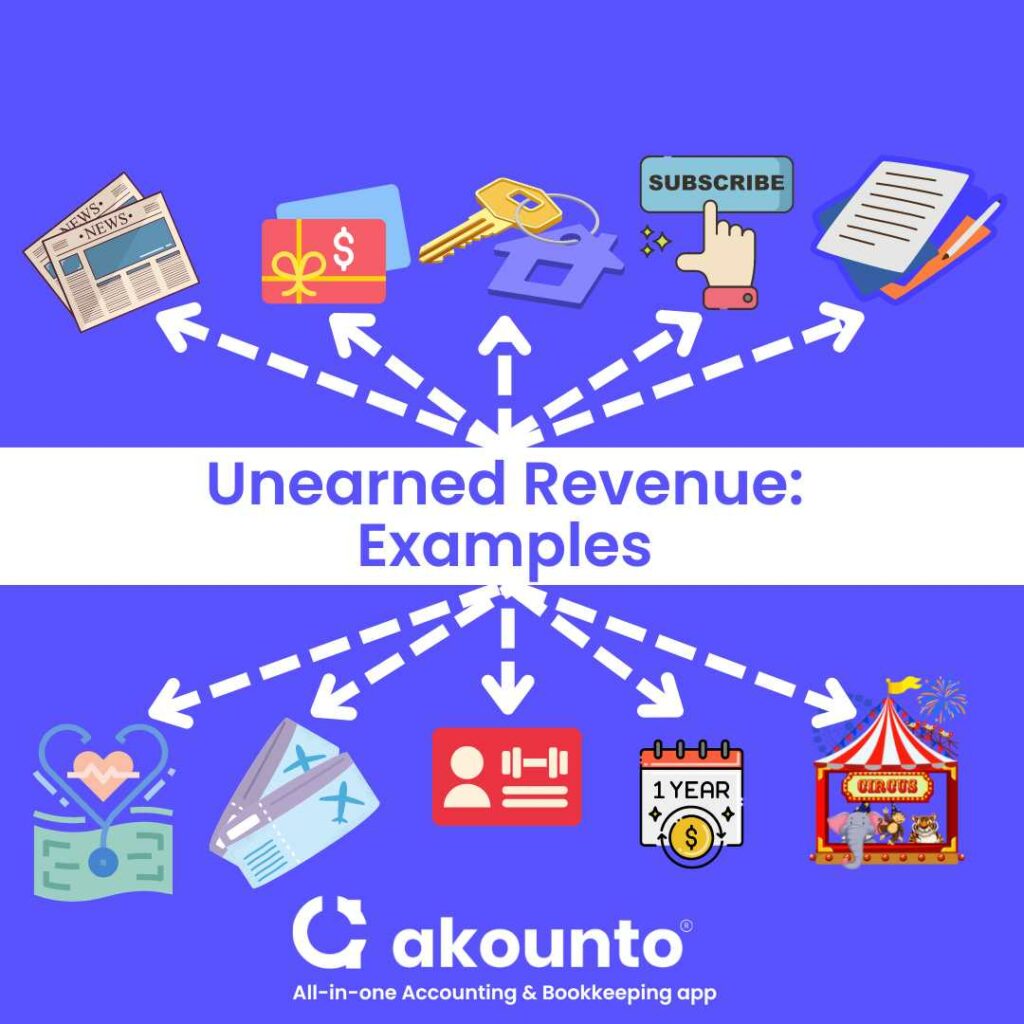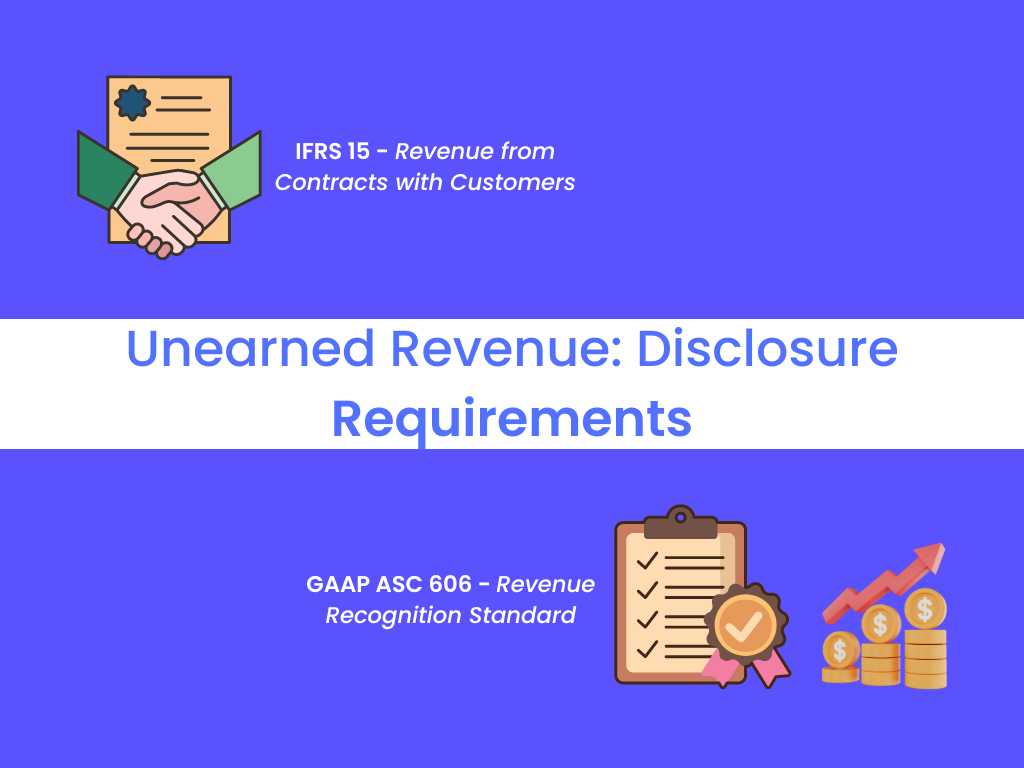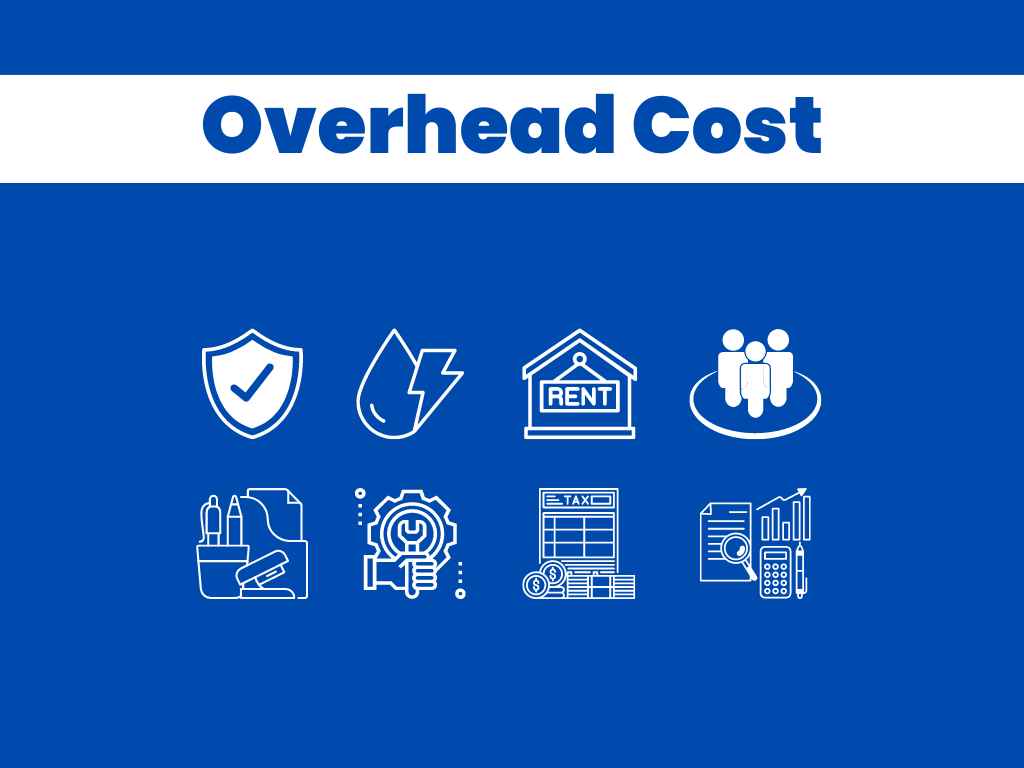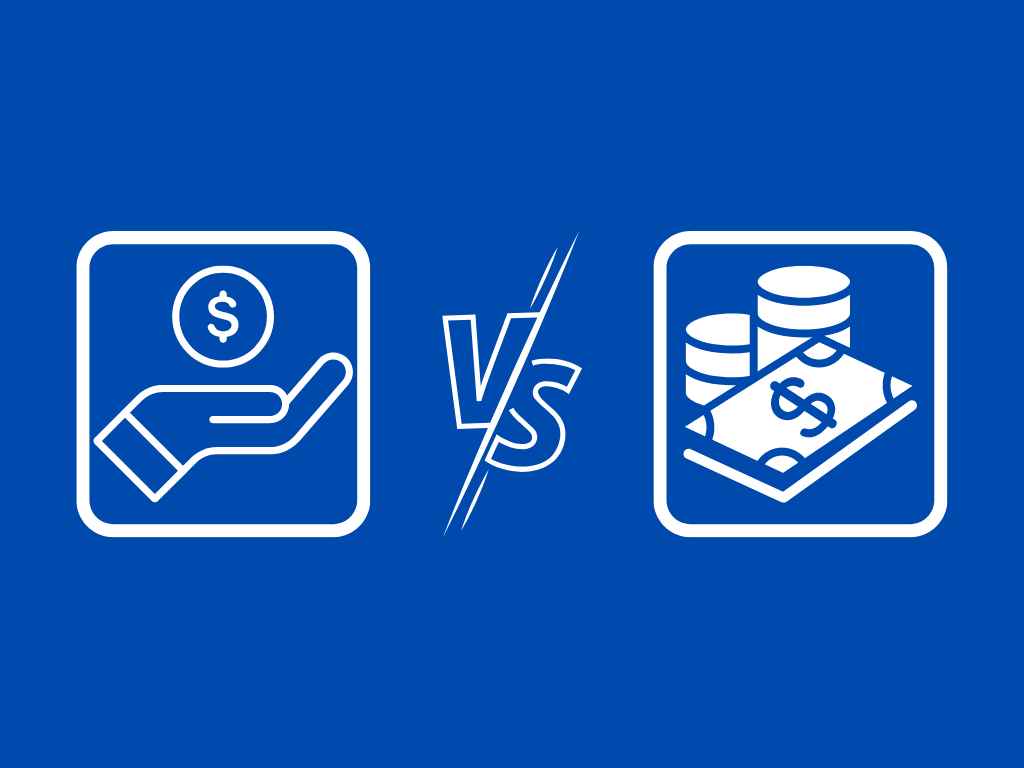What Is Unearned Revenue?
Unearned revenue (deferred revenue) is a liability that arises when a company, in advance, receives payment for goods or services not yet rendered.
Unearned revenue is a crucial component of a business’s financial management and can have a big impact on the liquidity and cash flow of the company.
Unearned revenue, on the one hand, explains the relationship with the customers while it also allows the company to expand its product lines.
What’s covered in the article
Examples of Unearned Revenue

Some examples of unearned revenue include:
- Magazine and newspaper subscriptions: When a customer pays for an annual subscription in a physical or online format, the publishing company receives advance payments, while the magazines or newspapers will be delivered in the future.
- Purchase of gift cards: A retailer gets advance payment from the customer while the customer is yet to redeem the card for goods or services at a later date.
- Advance rent payments: When a landlord receives advance rent payments from the tenants.
- Subscription-based software: Usually, people buy annual subscriptions of software they’ll be using in the future; similarly, it includes platform services on a yearly subscription from a SaaS company.
- Retainer agreements are commercial contracts where a client pays a service provider an upfront retainer fee for the professional services over a specified contracting period.
- Insurance premiums: Prepaid insurance premium is the most common unearned revenue example where an insurance company has the obligation for the future insurance period to provide insurance coverage. The amount of prepaid insurance will be treated as a current liability until that service period is over.
- Airline tickets: The airline company receives full payment in advance for providing its services to the passengers. The airline company is obligated until the flight takes off; until then, that payment received will be considered a short-term liability.
In all the examples, the company has received either an annual amount or a monthly portion in advance before the actual delivery of products or services. Similar examples can be seen in the case of gym memberships, yearly maintenance contracts, seasonal amusement park tickets sold in advance, OTT Subscriptions, etc.
Is Unearned Revenue a Liability?
In business accounting, unearned revenue is shown as a liability on a company’s balance sheet.
Unearned revenue refers to all advance payments for which the company now has an obligation to perform. All commitments are classified either under short or long-term liability. The company cannot recognize revenue until the actual delivery of products or services for which advance is received.
How to Record Unearned Revenue
Generally Accepted Accounting Principles (GAAP) on Unearned Revenue
The US GAAP given by Financial Accounting Standards Board (FASB) deals with the subject matter of unearned revenue in Accounting Standards Codification (ASC) 606 – Revenue from Contracts with Customers.
ASC 606 guides companies on revenue recognition from contracts with customers, including the recognition of unearned revenue.
ASC 606 states that since the unearned revenue reflects the obligation to perform by the company to the customer, the company can recognize unearned revenue as income only when the goods and services are transferred to the customer. Till then, it’ll be treated as a liability.
International Financial Reporting Standards (IFRS) on Unearned Revenue
Under IFRS, unearned revenue is referred to as “deferred revenue,” IFRS 15 – Revenue from Contracts with Customers deals with revenue recognition, including from deferred income.
In the case of deferred income, IFRS-15 states that when the customer receives the products or services for which the payment was made in advance, only then should it be treated as revenue. Until then, the advance received will be treated as a liability.
Usually, unearned income or deferred income is a very common phenomenon in service revenue.
Disclosure Requirements

Companies must openly declare their unearned revenue as a current liability on their balance sheets, as required by the (Securities Exchange Commission) SEC. This is crucial in enabling investors to accurately assess the company’s financial status and obligations to deliver goods or services in the future.
Noncompliance in properly reporting unearned revenue or any other financial information may lead to an SEC investigation and consequent penalties for the company and its executives.
Unearned Revenue Journal Entry
On receiving advance payment, the first step in the accounting process is to record any transaction via journal entries. There will be credit and complementary debit accounts as a basic fundamental in double-entry bookkeeping.
Unearned revenues are a liability until the company delivers products or performs the services. It must be noted that unearned revenue is generally collected as “cash,” so one of the immediately affected accounts against the unearned revenue will be a cash account.
Usually, being a short-term liability, the obligation to supply a product or render a service is done within an accounting period.
When the obligation is rendered, another journal entry is needed to be done to recognize revenue. Thus in case of unearned revenue, two journal entries are required to be done.
First Journal Entry for Unearned Revenue: To record unearned revenue as a liability.
| Journal Entry to Record the Receipt of Unearned Revenue | |||
| Date | Particulars | Debit ($) | Credit ($) |
| Cash Account Dr. | XXXX | ||
| To Unearned Revenue Account | XXXX | ||
| (Being unearned revenue received as “subscription, membership fee, etc.) |
Second Journal Entry for Unearned Revenue: Recognize revenue when obligations are met against the advance payments.
| Journal Entry to Record Revenue Recognition when the Service/Product is Delivered | |||
| Date | Particulars | Debit ($) | Credit ($) |
| Unearned Revenue Account Dr. | XXXX | ||
| To Revenue Account | XXXX | ||
| (Being revenue recognized for services rendered) |
The income statement for an accounting period will show the revenues recognized. In contrast, the balance sheet will show the liability account for unearned income (revenue) for which the obligations are still pending.
Numeric Example of Unearned Revenue
Example: Debbie Scott paid $ 450 for annual subscription services on 11 March 2023 for an online magazine. Record the transaction as first cash transaction and then recognize the revenue.
Solution:
First Journal Entry:
| Journal Entry to Record the Receipt Annual Subscription Amount from a Customer | |||
| Date | Particulars | Debit ($) | Credit ($) |
| 11 March 2023 | Cash Account Dr. | 450 | |
| To Unearned Revenue Account | 450 | ||
| (Annual subscription amount received in advance) |
Second Journal Entry:
| Journal Entry to Record the Revenue after Providing the Subscription Services | |||
| Date | Particulars | Debit ($) | Credit ($) |
| 12 Mar 2024 | Unearned Revenue Account Dr. | 450 | |
| To Revenue Account | 450 | ||
| (Revenue recognized after providing the annual subscription to the customer) |
Unearned Revenue vs. Deferred Revenue
Unearned and deferred revenue are similar in many aspects as they are both part of accrual accounting records the transactions based on obligations. An obligation to perform determines their classification in the balance sheet.
The major difference between unearned and deferred revenue is the timing of revenue recognition. Unearned revenue refers to revenue received but not earned, while deferred revenue refers to revenue that has been earned but has yet to be recognized.
| Unearned Revenue | Deferred Revenue |
| Refers to revenue received for products or services that have not been provided or earned. | Refers to revenue that has been received or billed but has not yet been recognized as revenue |
| Unearned income is treated as a liability on the balance sheet until the revenue is earned. | Treated as a liability on the balance sheet until the revenue is recognized. |
| Examples include insurance premiums paid in advance, magazine subscriptions, and retainer fees. | Examples include long-term service contracts, product warranties, and software maintenance agreements. |
| Unearned revenue is generally related to short-term obligations (within a year). | Generally related to long-term obligations (beyond a year) |
| Recognized as revenue when the goods or services are provided or earned. | Deferred revenue is recognized as revenue when the performance obligations under the contract are satisfied. |
Unearned Revenue vs. Accounts Receivable
Unearned revenues and accounts receivables relate to a company’s revenues and cash flow, but they refer to different types of transactions.
- Primarily for accounting purposes, an unearned revenue account is a credit account being a liability. While accounts receivable is a debit account being an asset.
- An unearned revenue account is an earlier collection of payments for services yet to be rendered, while accounts receivable is the reverse case where the company has yet to receive payments for the services rendered in advance.
- Unearned revenue creates debt owed in short-term liabilities to the debtors, while accounts receivable creates creditors from whom the company is yet to receive payments.
- Unearned revenue establishes an obligation to perform or deliver, while accounts receivables generate an obligation to receive payment.
Conclusion
Unearned income is the debt that the company owes to the customer. Unearned income is a liability account in the balance sheet. Once the service is performed or the product is delivered, it is transferred to the revenue account in the income statement.
Proper revenue recognition is essential for a business to accurately and legally identify income; otherwise, there could be miscalculations of taxes, reporting periods, etc., resulting in penalties from the IRS.
Visit Akounto’s Blog to get answers to all your questions like “is retained earnings an asset,” “is service revenue an asset,” “deferral in accounting,” etc. These concepts are essential for accurate recording, reporting, and analyzing financial data.






